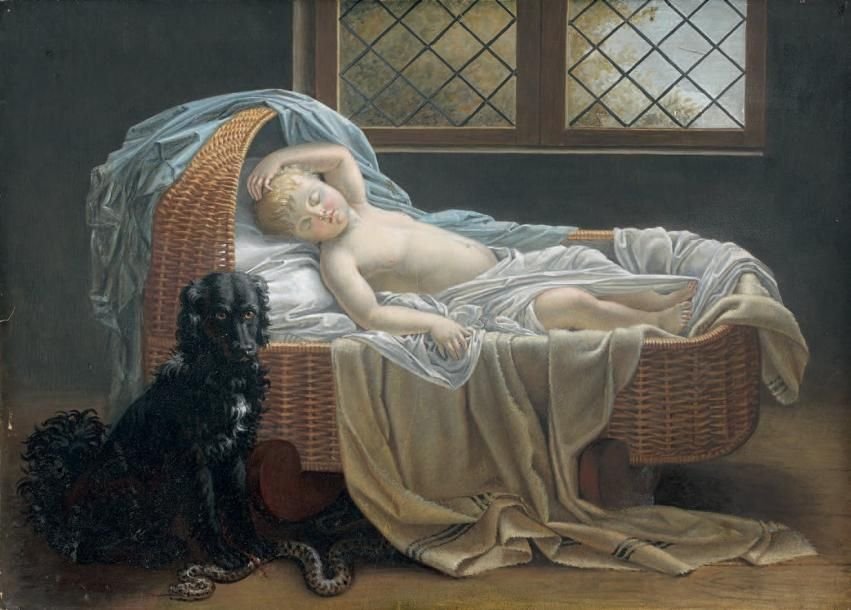ABSTRACT
From Adam Smith’s advocacy of free trade and agrarian primacy to the protectionist programmes of Alexander Hamilton and the Careys, this study charts a transatlantic debate over industrialisation and national policy. While Smith celebrated manufacturing’s productivity, he counselled colonies to remain agricultural, importing manufactures from the metropole. Mill’s modest infant-industry concession left the free-trade model largely intact. List and Hamilton recast the issue historically, exposing Britain’s own protectionist ascent and stressing technology, first-mover advantages, and state intervention. The Careys demonstrated Britain’s systematic suppression of colonial manufactures and the exploitative terms of agrarian–industrial exchange. For the nationalists, genuine development required the parallel growth of agriculture and industry, with sovereignty and defence outweighing the cosmopolitan promise of unhampered trade.

